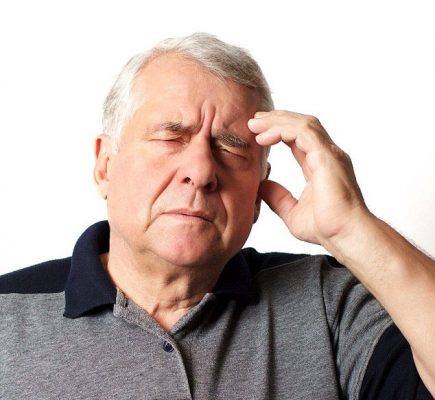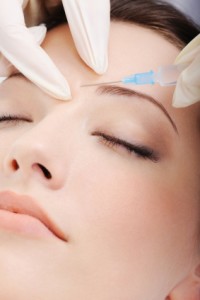Best Antidepressants for Post-Stroke Depression
 A recent meta-analysis in the journal BMJ Open analyzes the efficacy and tolerability of 10 different antidepressants given to treat depression following a stroke. The meta-analysis incorporated data from 12 trials and a total of 707 participants. Reboxetine was the most effective antidepressant, followed by paroxetine, doxepin, and duloxetine. Sertraline, fluoxetine, and nefiracetam failed to outperform placebo in the treatment of post-stroke depression.
A recent meta-analysis in the journal BMJ Open analyzes the efficacy and tolerability of 10 different antidepressants given to treat depression following a stroke. The meta-analysis incorporated data from 12 trials and a total of 707 participants. Reboxetine was the most effective antidepressant, followed by paroxetine, doxepin, and duloxetine. Sertraline, fluoxetine, and nefiracetam failed to outperform placebo in the treatment of post-stroke depression.
In terms of tolerability, paroxetine had the least side effects and led to significantly fewer discontinuations than doxepin, citalopram, and fluoxetine. After paroxetine, the most tolerable drugs were sertraline and nortriptyline. The least tolerable drug was citalopram.
Researchers led by Yefei Sun suggested that paroxetine might be the best antidepressant to prescribe after a stroke due to its efficacy and good tolerability. Fluoxetine might be the worst due to its poor efficacy and poor side effects profile.
Editor’s Note: Multiple randomized controlled trials suggest that antidepressants can be helpful for anyone who has a stroke, both to decrease depression and to improve neurological and functional outcomes.
Botox for Depression
 Several recent clinical trials have suggested that Botox injections between the eyebrows may improve depression. The theory is that decreasing muscle tension could reduce feelings of depression, instead of depression causing muscle tension. In a phase 2 double blind multicenter trial of 258 women with depression, participants were randomized to receive 30 units of Botox, 50 units of Botox, or placebo. Those who received the 30-unit injections showed significantly greater improvement in depression at three weeks and nine weeks compared to those who received placebo. However, it was not superior to placebo at the primary endpoint of the study, six weeks, and the 50-unit dosage was not superior to placebo. Both doses were well tolerated.
Several recent clinical trials have suggested that Botox injections between the eyebrows may improve depression. The theory is that decreasing muscle tension could reduce feelings of depression, instead of depression causing muscle tension. In a phase 2 double blind multicenter trial of 258 women with depression, participants were randomized to receive 30 units of Botox, 50 units of Botox, or placebo. Those who received the 30-unit injections showed significantly greater improvement in depression at three weeks and nine weeks compared to those who received placebo. However, it was not superior to placebo at the primary endpoint of the study, six weeks, and the 50-unit dosage was not superior to placebo. Both doses were well tolerated.
Botox is derived from botulinum toxin, which can relax tense muscles. It is also being explored as a treatment for migraine headaches. The manufacturer, Allergan, expects to move forward with phase 3 trials of Botox for depression.

